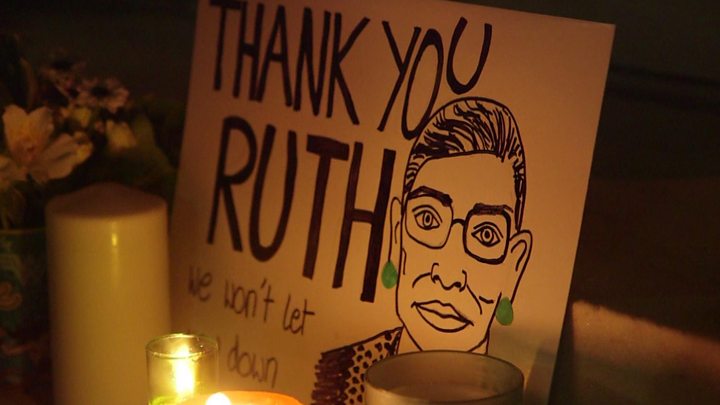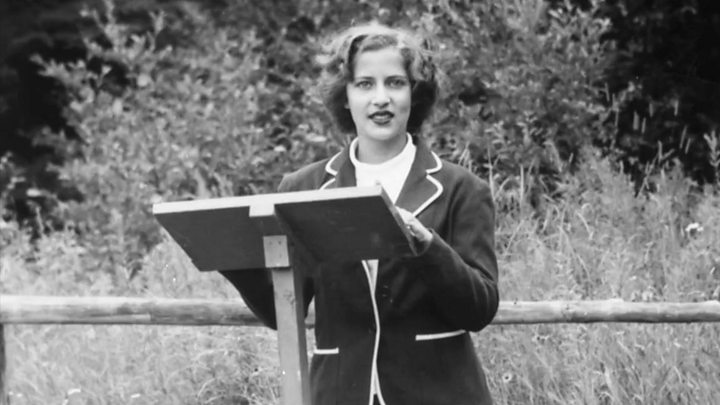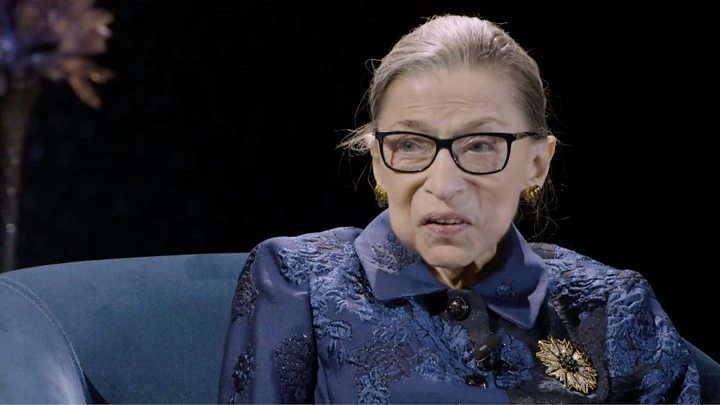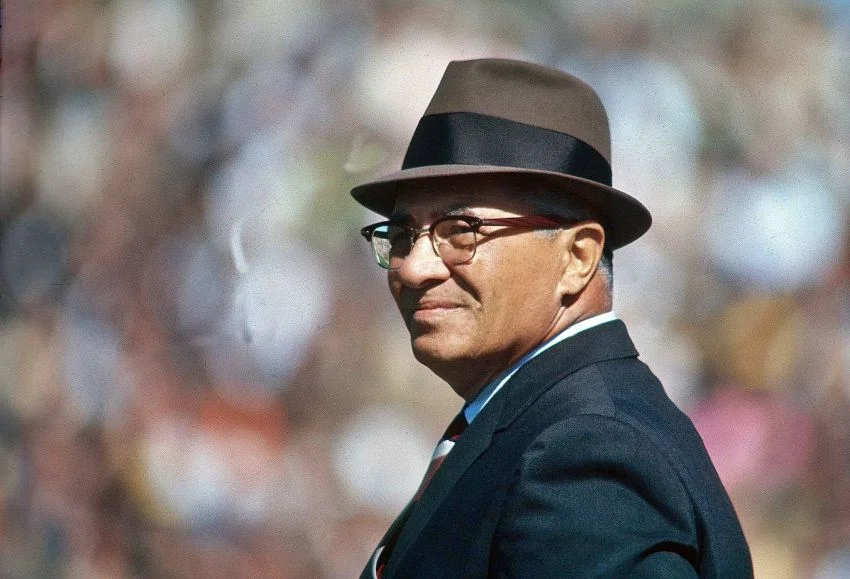 Media playback is unsupported on your device
Media playback is unsupported on your device
Republican Senate leader Mitch McConnell vowed to put President Donald Trump’s Supreme Court nominee to a vote within hours of Justice Ruth Bader Ginsburg’s death being announced, sparking outrage among Democrats.
Mr McConnell said he would act swiftly, despite the election six weeks away.
In 2016, he blocked President Barack Obama’s pick for the court on the grounds it was an election year.
Joe Biden has insisted a replacement should only take place after the poll.
Ginsburg, 87, died on Friday of metastatic pancreatic cancer at her home in Washington, DC, surrounded by her family.
The second-ever woman to sit on the Supreme Court, she had become a figurehead for liberals in the US, and was an iconic champion of women’s rights.
Thousands gathered outside the court on Friday night to pay tribute to the woman who had become affectionately known as “The Notorious RBG”.
What is the row about?
Table of Contents
The appointment of judges in the US is a political one – which means the president gets to choose who is put forward. The Senate then votes to confirm – or reject – the choice.
Ginsburg, who served for 27 years, was one of only four liberals on the nine-seat bench. Her death means that, should the Republicans get the vote through, the balance of power would shift decisively towards the conservatives.
Mr Trump, who has already chosen two Supreme Court justices during his presidency, is well aware that getting his nominee in will mean conservatives will have control over key decisions for decades to come. Justices can serve for life, unless they decide to retire.
 Media playback is unsupported on your device
Media playback is unsupported on your device
At a rally on Friday – before he learned of Ginsburg’s death – he told the crowd whoever won the election “will get one, two, three or four Supreme Court justices”, saying November’s vote was going to be “the most important” in US history.
Mr McConnell said in his statement – which included a tribute to Ginsburg – that “President Trump’s nominee will receive a vote on the floor of the United States Senate”.
The senator had argued in 2016 that “the American people should have a voice in the selection of their next Supreme Court Justice” which meant “this vacancy should not be filled until we have a new president”.
But now he says the Senate was within its rights to act because it was Republican-controlled, and Mr Trump is a Republican president.
Democrats, however, began echoing Mr McConnell’s words from 2016.
The Senate Democratic leader, Chuck Schumer, sent a tweet repeating his exact phrase, while Mr Biden told reporters: “There is no doubt – let me be clear – that the voters should pick the president and the president should pick the justice for the Senate to consider.”
Ginsburg had also made her feelings clear in the days before her death.
“My most fervent wish is that I will not be replaced until a new president is installed,” she wrote in a statement to her granddaughter, according to National Public Radio (NPR).
What does the Supreme Court do?
The highest court in the US is often the final word on highly contentious laws, disputes between states and the federal government, and final appeals to stay executions.
In recent years, the court has expanded gay marriage to all 50 states, allowed for President Trump’s travel ban to be put in place, and delayed a US plan to cut carbon emissions while appeals went forward.
- Why is the US top court so important?
It is also deals with issues like reproductive rights – one of the main reasons some pro-life conservatives want to tip the balance away from liberals.
What is Ginsburg’s legacy?
Over an illustrious legal career spanning six decades, Ginsburg attained unparalleled celebrity status for a jurist in the US, revered by liberals and conservatives alike.
Liberal Americans in particular idolised her for her progressive votes on the most divisive social issues that were referred to the Supreme Court, from abortion rights to same-sex marriages.
 Media playback is unsupported on your device
Media playback is unsupported on your device
Born to Jewish immigrant parents in Brooklyn, New York City, in 1933, Ginsburg studied at Harvard Law School, where she was one of only nine women in a class of about 500 men.
Ginsburg did not receive a single job offer after graduation, despite finishing top of her class. Nevertheless, she persisted, working in various jobs in the legal profession throughout the 1960s and far beyond.
In 1972, Ginsburg co-founded the Women’s Rights Project at the American Civil Liberties Union (ACLU). That same year, Ginsburg became the first tenured female professor at Columbia Law School.
In 1980, Ginsburg was nominated to the United States Court of Appeals for the District of Columbia as part of then-President Jimmy Carter’s efforts to diversify federal courts. Though Ginsburg was often portrayed as a liberal firebrand, her days on the appeals court were marked by moderation.
 Media playback is unsupported on your device
Media playback is unsupported on your device
She was appointed to the Supreme Court by former President Bill Clinton in 1993, becoming only the second of four female justices to be confirmed to the court.
Toward the end of her life, Ginsburg became a national icon. Due in part to her withering dissents, Ginsburg was dubbed the Notorious RBG by her army of fans online – a nod to the late rapper The Notorious BIG.
That comparison introduced Ginsburg to a new generation of young feminists, turning her into a cult figure.
What reaction has there been?
Within hours of the news emerging, hundreds of people had gathered outside the Supreme Court in Washington DC to pay their respects.
The BBC’s Alexandra Ostasiewicz at the scene said the mood was sombre but the crowd occasionally broke into chants of “RBG!” and “Vote him out!”
Chief Justice John Roberts said in a statement on Friday that the US “has lost a jurist of historic stature”.
“We at the Supreme Court have lost a cherished colleague. Today we mourn, but with confidence that future generations will remember Ruth Bader Ginsburg as we knew her – a tireless and resolute champion of justice.”
Former presidents, veteran politicians and senior jurists were among those to mourn the loss of Ginsburg on Friday, hailing her commitment to women’s rights.
Jimmy Carter called her a “truly great woman”, writing in a statement: “A powerful legal mind and a staunch advocate for gender equality, she has been a beacon of justice during her long and remarkable career. I was proud to have appointed her to the US Court of Appeals in 1980.”
Praising her “pursuit of justice and equality”, former President George W Bush said Ginsburg “inspired more than one generation of women and girls”.
Hillary Clinton, a Democrat who ran against President Trump in the 2016 presidential election, said she drew inspiration from Ginsburg.
Mr Trump also praised her, saying Ginsburg was a “titan of the law” and a “brilliant mind”, in a tweeted statement.
Mr McConnell, meanwhile, said she had earned “respect and admiration throughout the legal world, and indeed throughout the entire nation”.











































